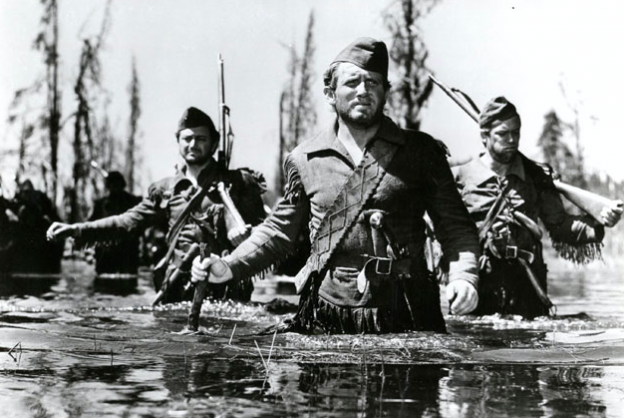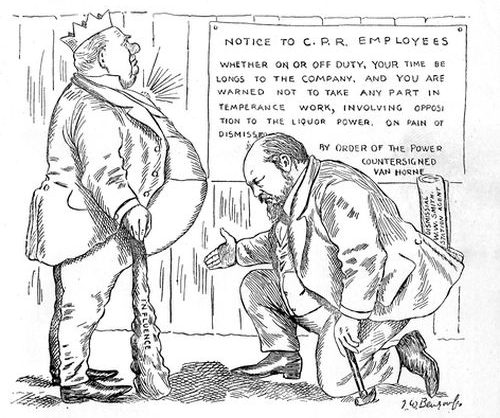German Military Prisoners in Brome-Missisquoi 1940–1946
Being a part of the Dominion of Great Britain, Canada went to war in September 1939. England, worried about its safety, sent German war prisoners to their old colonies to avoid insurrections and a war on its own territory. Starting on June 10, 1940, after the defeat of the French troupes, Canada would receive 3,000 German war prisoners, POWs (Prisoners of War).
Canada agreed to take over 35,000 German prisoners from 1940 to 1946, compared to 8,000 Canadian soldiers captured in Nazi Germany. The prisoners were sent to about twenty camps throughout the country, among them, Farnham, in the Montérégie. Each Canadian camp was coded with a letter or a number by which the POWs had to identify themselves in all their Red Cross communications and documents, the latter being responsible for upholding the Geneva Convection, in 1929 by the League of Nations.
The municipality of Farnham became a military zone under high surveillance because of the discreet presence of a German prisoner of war camp. Established in October 1940, the camp was located on the grounds of the Dominion experimental farm. Out of the 1098 German prisoners registered in Quebec, Farnham counted approximately 200 prisoners by the end of the war.
Mainly made up of officers from the army of the 3rd Reich, special camp 42 of Farnham wasn’t an example of cleanliness for its new occupants. Many complaints would reach the Swiss Consulate which represented the Red Cross, such as described by German officer Schlichting, who wrote, “The Farnham camp, because of its ugliness and lack of furnishings, is overwhelmingly depressing… I hereby officially protest our transfer to this camp and demand to be sent to another place which would better respect the articles of the Geneva Convention concerning war prisoners.”
From 1944 until it closed in May 1946, the camp would supply German manpower to local Quebec farmers. This inexpensive workforce graciously offered by the Canadian army, truly made its mark on Eastern Township farmers. Good workers and well-disciplined, most German soldiers were sent to farms on a voluntary basis, where, according to the Geneva Convention, they had to be housed and fed and receive a $0.50 remuneration per day.
Under the responsibility of these local farmers and constrained by a strict curfew, the German prisoners left a deep impression on their new rural guards. Beneath their military uniforms, they discovered university professors, engineers, sailors, but also descendants of old Prussian nobility. Many of them spoke French very well, to the astonishment of their francophone hosts. This displeased the Canadian military authorities, who could only speak English to the prisoners and needed the help of a German interpreter to communicate with them.
Micheline Lanctôt, a filmmaker originally from Frelighsburg, describes the ambiguity of the relationship between these German prisoners and Quebec farmers in her film “La vie d’un héros” which she directed. Her fictional account describes the complexity of this period when these prisoners encountered their hosts. She explains quite clearly that her story, “speaks primarily about time and memory, and not of Nazi Germany or the war itself. I didn’t write the script to try and justify my family’s feelings of sympathy for a German prisoner. I made this film against the seduction of war. The true subject of the film is fifty years of memories that mythicized a character and the harsh confrontation of this myth with reality.”




2 comments